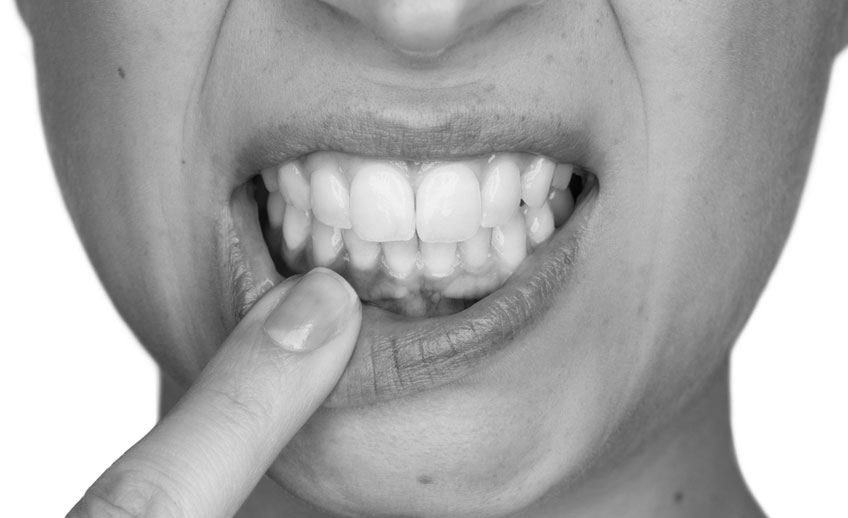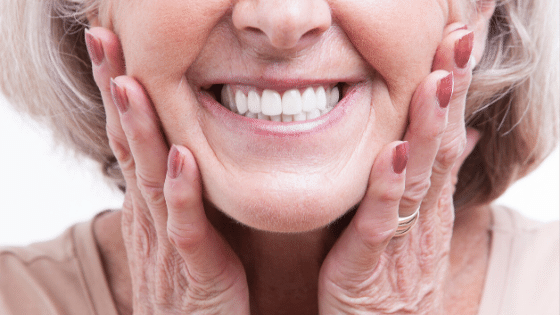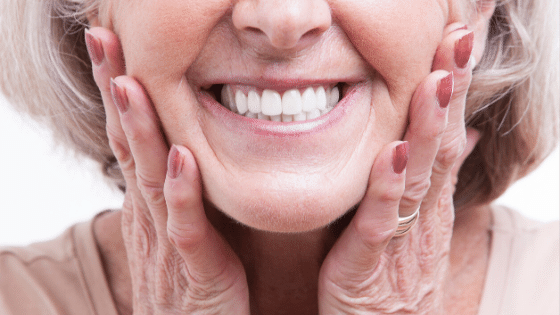The Best Dental Tools for Seniors

After age 50, your dental care needs change and the tools you used during your younger years may no longer cut it. For this reason, the doctors at Green Dental Care in Parker CO have come up with the following recommendations of appropriate dental-care tools to use once you enter your fifties.
Teeth Whitening Products
The passage of time takes its toll on your teeth leading you to notice that they aren’t as bright as they once were. Whether it is those cups of coffee you sipped on the daily or the wearing down of your tooth enamel, discoloration is likely going to occur. However, the right whitening products can help you to have a brighter smile.
Dr. Andrei Ionescu, a dentist in Parker CO, suggests that you get toothpaste that contains hydrogen peroxide. This toothpaste will gradually whiten your teeth. Alternatively, you can opt for a mouthwash whose ingredients list includes hydrogen peroxide. This mouthwash will also slowly whiten your teeth and prevent new stains from setting.
Your Manual Toothbrush
You should never use a toothbrush for more than three months. More than replacing it quarterly, pay attention to two key attributes of any manual toothbrush that you buy. First, Dr. Christopher Green recommends that you only buy a toothbrush if its bristles are soft or extra soft. These will do a good job of cleaning your teeth without harming your gums and enamel. Secondly, select a toothbrush whose bristles are angled or multileveled. These do a better job of removing plaque when compared to flat bristles.
Electric Toothbrushes
Various clinical studies have confirmed that electric toothbrushes are better than manual toothbrushes at removing plaque. Green Dental Care also recommends that you select an electric toothbrush that has an oscillating head rather than one with a vibrating head. The oscillating version does a superior job of preventing gingivitis and getting rid of plaque.
Mouthwash
Selecting the best mouthwash from the huge variety available can be daunting. To ease this task, Dr. Beth Herko, an experienced dentist in New Providence NJ, recommends that you pick a mouthwash that has chlorine dioxide, chlorhexidine, menthol, essential oils, and thymol among its ingredients. These ingredients will help kill oral bacteria decrease the chance of bad breath.
If plaque and gingivitis have been giving you the runaround, then Dr. Andrea Ionescu recommends that you select a mouthwash having chlorhexidine and cetylpyridinium chloride among its ingredients. Fluoride also increases the germ-killing power of the mouthwash.
Toothpaste
Not any toothpaste will do if you are a senior, says Dr. Christopher Green. He recommends that if you have noticed bleeding from your gums, then a toothpaste with stannous fluoride is the best for you. If your main concern is tooth sensitivity, then a toothpaste having potassium nitrate will ease your symptoms over time.
You may have heard about charcoal toothpaste or different forms of natural toothpaste. The experts at Green Dental Care warn against these products since they may be either too abrasive or ineffective at removing plaque from your teeth.
Dental Floss
Dental floss sticks have become increasingly common, but Dr. Andrei Ionescu warns against them saying that they are less effective than traditional string floss. This is because the sticks don’t wrap around your teeth well. Additionally, the floss sticks aren’t eco-friendly because they increase the amount of plastic discarded in the environment.
When shopping, select thicker floss strings rather than thinner ones. The thin ones can easily slip between your teeth, but they don’t do a good job of removing the plaque and food particles trapped in those gaps.
If you would like to use a water flosser, find one that can deliver water at a pressure between 50 and 90 psi. This amount of pressure is sufficient to clean between your teeth without putting undue stress on your gum tissue.
With those six tips for selecting the basic dental hygiene products, most of your bases will be covered. All that is left is for you to pay Green Dental Care a visit. One of our exceptional Parker CO dentists will assess your oral health periodically so that timely treatment can be provided should anything go wrong. Like fine wine that gets better with age, you too can enjoy superb dental health for a lifetime!






